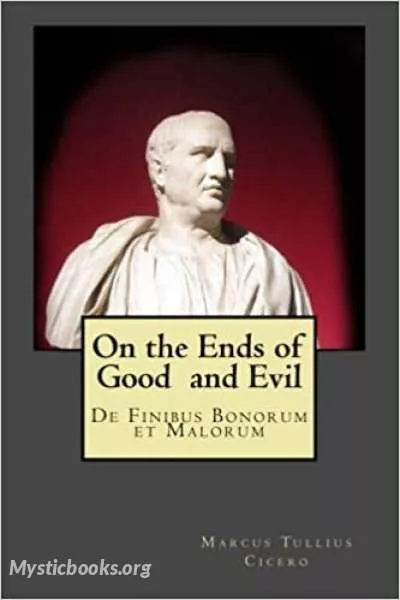
On the Ends of Good and Evil
'On the Ends of Good and Evil' Summary
First and second books (Liber Primus and Liber Secundus)
The first two books are a dialogue set at Cicero's country home in Cumae between himself and a young Epicurean named Lucias Torquatus, while another young Roman named Gaius Triarius listens on. In the first book, the interlocutors present the Epicurean theory of hedonism, which holds that pleasure in the form of aponia (absence of pain) is regarded as the highest good. In the second book, Cicero criticizes this view, attacking the Epicurean definition of pleasure and arguing that it is inconsistent to hold pleasure as the absence of pain as the final good, since these are not one single good, but rather two distinct goods.
Third and fourth books (Liber Tertius and Liber Quartus)
In the next two books Stoic ethics are discussed. In the third book Cicero's interlocutor, Marcus Porcius Cato, presents Stoic doctrine. Here Cicero introduces the technical terms used by the Stoics into Latin. The highest and only good of the Stoics is virtue (moral good). In the fourth book, Cicero casts doubt on this dogma, arguing a supposed natural state (the "cradle argument"), as well as issues regarding the exclusion of other goods entailed by Stoic doctrine.
Fifth book (Liber Quintus)
In the last book Cicero presents in the form of a dialogue between himself and several friends the theory of eudaimonia taught by Antiochus of Ascalon, which treats Aristotelianism as a subgroup of Platonism. This theory includes both virtue and external goods as the highest good. At the end of the book, Cicero criticized logical inconsistencies of this teaching, but more briefly and only addressing details, not broader principles. Cicero then declares that he follows this school of thought, albeit not without reservations, while respecting the valuable aspects of the teachings presented in the previous books.
Book Details
Language
EnglishOriginal Language
Classical LatinPublished In
45 BCEAuthors
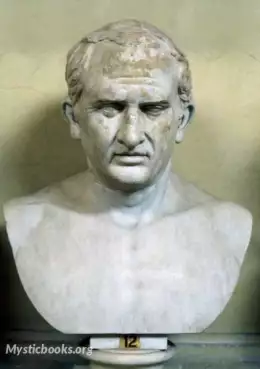
Marcus Tullius Cicero
Roman Republic
Marcus Tullius Cicero was a Roman statesman, lawyer, scholar, philosopher and Academic Skeptic, who tried to uphold optimate principles during the political crises that led to the establishment of the...
Books by Marcus Tullius CiceroDownload eBooks
Listen/Download Audiobook
- Select Speed
Related books
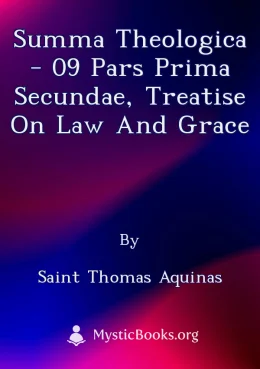
Summa Theologica - 09 Pars Prima Secundae, Treatise on Law and Grace by Saint Thomas Aquinas
The Summa Theologica, written by Saint Thomas Aquinas in the 13th century, is a comprehensive treatise on Christian theology. It covers a wide range o...
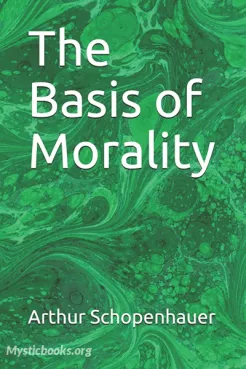
The Basis Of Morality by Arthur Schopenhauer
It is a philosophical treatise that delves into the fundamental principles of ethics and morality. Written in 1840, this book is widely considered to...
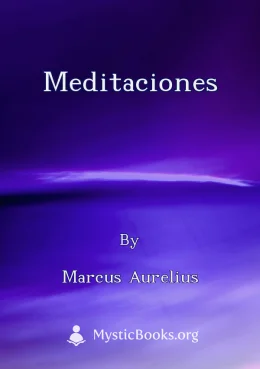
Meditaciones by Marcus Aurelius
Meditations is a series of personal writings by Marcus Aurelius, a Roman emperor who reigned from 161 to 180 AD. The book is a collection of thoughts...
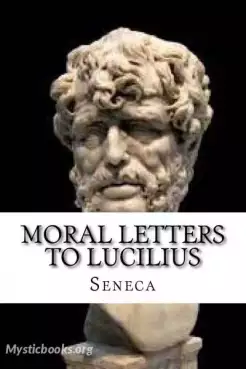
Moral Letters, Vol. II by Seneca
This is the second volume of the Letters, Epistles LXVI-XCII. Among the personalities of the early Roman Empire there are few who offer to the readers...
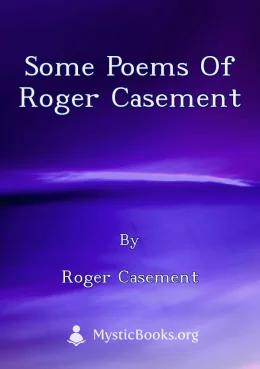
Some Poems of Roger Casement by Roger Casement
This collection of poems by Roger Casement provides a glimpse into the mind of a man deeply moved by the injustices of British imperialism. Casement,...
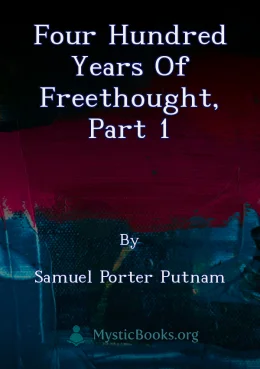
Four Hundred Years of Freethought, Part 1 by Samuel Porter Putnam
Samuel Putnam's "Four Hundred Years of Freethought" is a sweeping intellectual history of the development of freethought in the Western world from the...
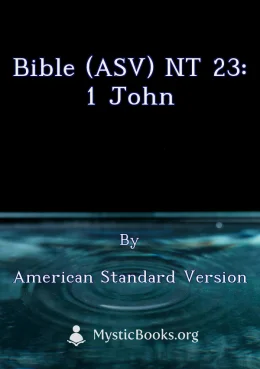
Bible (ASV) NT 23: 1 John by American Standard Version
The First Epistle of John is a book of the Bible New Testament, the fourth of the catholic or "general" epistles. It was written in Ephesus about 90-1...
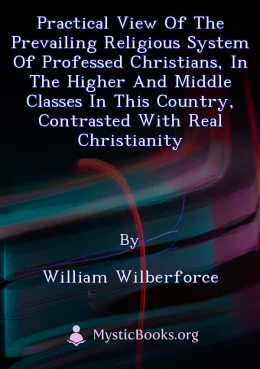
Practical View of the Prevailing Religious System of Professed Christians, in the Higher and Middle Classes in this Country, Contrasted with Real Christianity by William Wilberforce
In his influential book, A Practical View of the Prevailing Religious System of Professed Christians, William Wilberforce contrasts the nominal Christ...
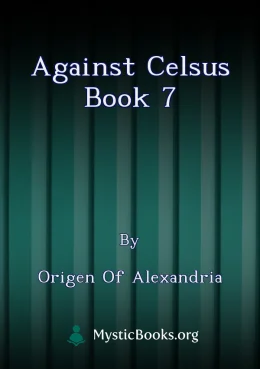
Against Celsus Book 7 by Origen of Alexandria
Against Celsus is a Christian apologetic work by Origen of Alexandria, written around 248 AD. It is a response to Celsus's "The True Word", a scathing...
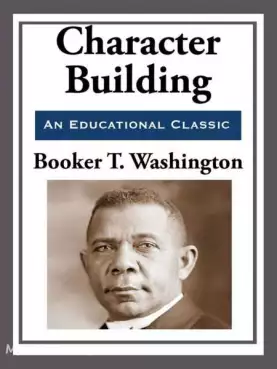
Character Building by Booker T. Washington
Character Building is a compilation of speeches, given by Mr. Booker T. Washington, to the students and staff of the Tuskegee Normal and Industrial In...
Reviews for On the Ends of Good and Evil
No reviews posted or approved, yet...